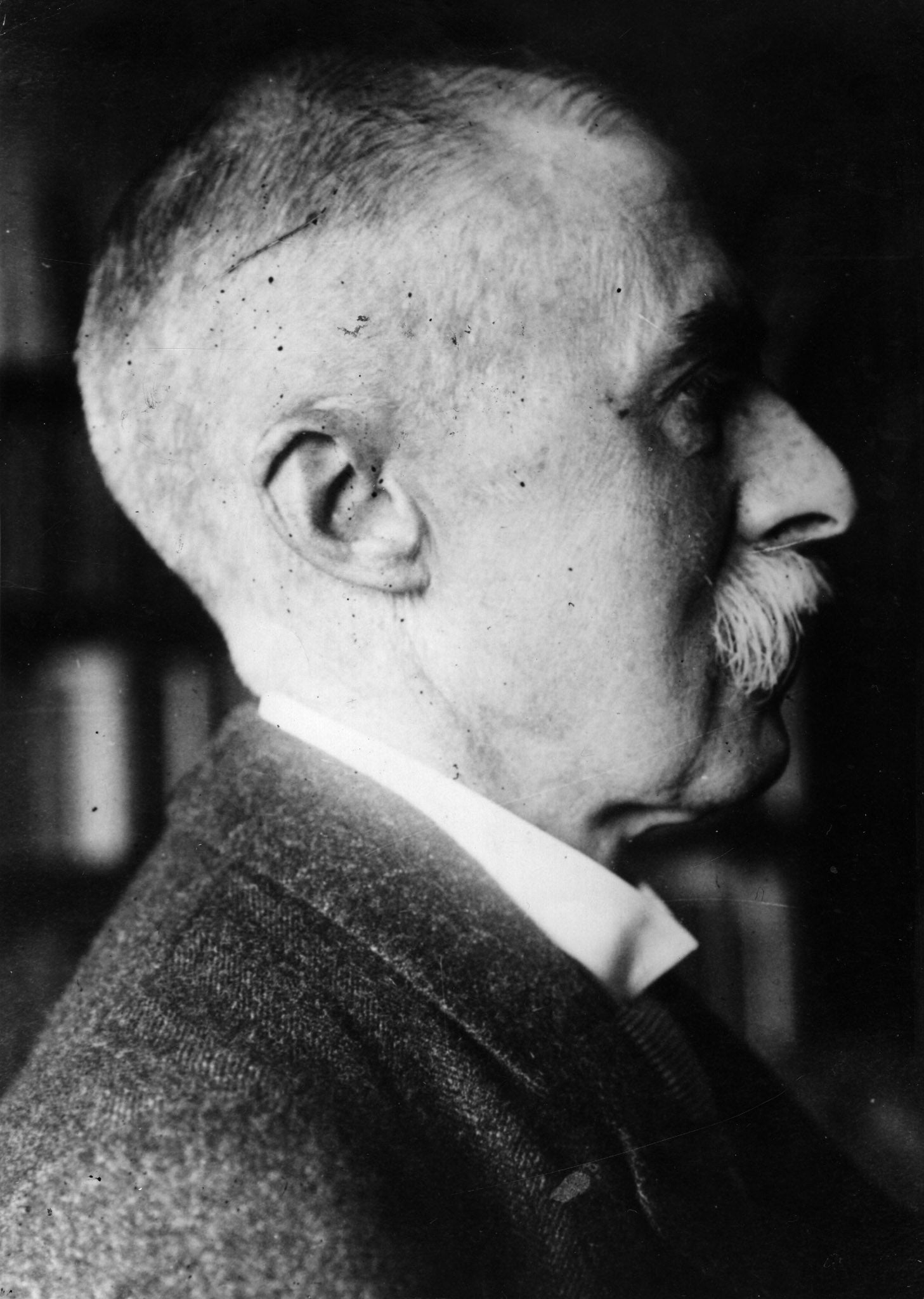Rare unpublished A.E. Housman poem about unrequited love expected to fetch £25,000

Your support helps us to tell the story
From reproductive rights to climate change to Big Tech, The Independent is on the ground when the story is developing. Whether it's investigating the financials of Elon Musk's pro-Trump PAC or producing our latest documentary, 'The A Word', which shines a light on the American women fighting for reproductive rights, we know how important it is to parse out the facts from the messaging.
At such a critical moment in US history, we need reporters on the ground. Your donation allows us to keep sending journalists to speak to both sides of the story.
The Independent is trusted by Americans across the entire political spectrum. And unlike many other quality news outlets, we choose not to lock Americans out of our reporting and analysis with paywalls. We believe quality journalism should be available to everyone, paid for by those who can afford it.
Your support makes all the difference.Shropshire Lad poet A.E. Housman gave strict instructions upon his death that working drafts and unpublished poems should be destroyed. But a rare handwritten poem that was saved from destruction is set to go under the hammer and is expected to fetch up to £25,000.
The work, titled Oh were he and I together was written in pencil in 1917 and never published during Housman’s lifetime. The text is very faint and a deliberate attempt has been made to erase it. It was among papers preserved after the poet’s death by his brother Laurence.
The rare manuscript, which has another handwritten work Epitaph on an army of mercenaries written on the other side of the page, is being auctioned by Bonhams.
The poem refers to Housman’s life-long, unrequited, passion for a fellow undergraduate at Oxford in 1877, Moses Jackson. After university, which Housman left without taking a degree, the two men worked together at the Patents Office in London.
Housman is known to have chosen to work there in order to be close to his friend. In 1887, the newly married Jackson took up a post in India and lived the rest of his life abroad. The poem is a searing exploration of the agony of this separation:
Oh were he and I together
Shipmates on the fleeted main,
Sailing through the summer weather
To the spoil of France or Spain.
Oh were he and I together,
Locking hands and taking leave,
Low upon the trampled heather
In the battle lost at eve.
Now are he and I asunder
And asunder to remain;
Kingdoms are for others' plunder,
And content for other slain.
The poem had been intended by Housman for inclusion in his 1922 volume Last Poems, but he withdrew it at the proof stage.
It is not known whether Housman himself tried to erase the poem from the paper or if it was someone else.
His feelings towards Jackson are thought to have been common knowledge among his family and close friends.
After his brother's death Laurence consulted Housman's close friend from Oxford Alfred Pollard about what to do with the more intimate poems. Pollard recommended he keep them.
The lot is part of The Roy Davids Collection Part III: Poetry: Poetical Manuscripts and Portraits of Poets.
Join our commenting forum
Join thought-provoking conversations, follow other Independent readers and see their replies
Comments